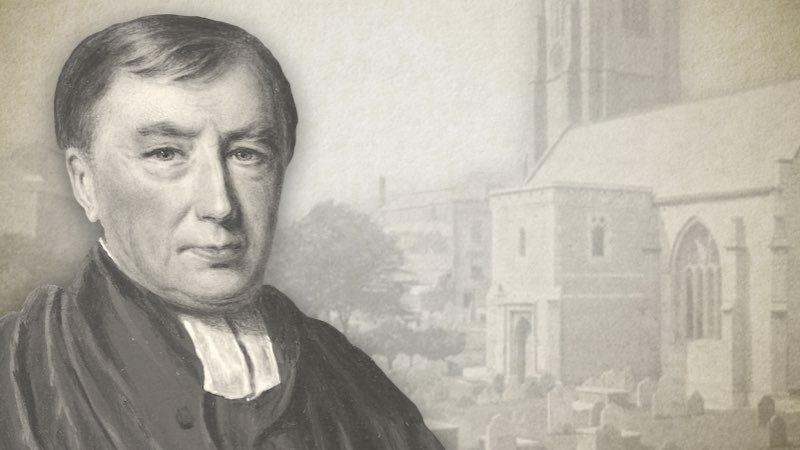
June 15—Morning Devotion
“Now we, brethren, as Isaac was, are the children of promise.”—Galatians 4:28
Mark, my soul, the distinguishing characters of those who are the children of promise, and see whether thou art of this blessed family. For as the law and the gospel are strikingly distinguished from each other, so are the children of nature from those of grace. And how is this to be known? Look at the case Paul hath referred to: Isaac was the son of Abraham. And the apostle saith, “that they which are of faith, the same are children of Abraham. And if ye be Christ’s, then are ye Abraham’s seed, and heirs according to the promise.” And as Isaac was a child of Abraham by promise, not by natural power, so believers in Jesus are born, not of blood, nor of the will of the flesh, nor of the will of man, but of God. Hence Paul saith, “to Abraham and his seed were the promises made. He saith not to seeds as of many, but as of one; and to thy seed, which is Christ.” Precious truth! The children, of promise are of Jesus; for he himself is the one great promise of the bible. So that from everlasting they are the seed of Christ: their being, their well being, their everlasting being, all are folded up in Jesus, as the oak in all its foliage is contained and folded up in the first and original acorn. Hence they are spiritually begotten, born, nourished, fed, sustained, led, strengthened, and carried on, through all the gradations of grace, until grace is consummated in the ripeness of their full stature in glory. My soul, art thou, as Isaac was, a child of promise? Oh live by faith on Jesus, and in Jesus, and see to it, in all thy daily, hourly exercises and experiences, that all the promises of God in Christ Jesus are yea and amen, unto the glory of God the Father.
Robert Hawker (1753-1827) was an Anglican (High-Calvinist) preacher who served as Vicar of Charles Church, Plymouth. John Hazelton wrote of him:
“The prominent features…in Robert Hawker's testimony…was the Person of Christ….Dr. Hawker delighted to speak of his Lord as "My most glorious Christ.” What anxious heart but finds at times in the perusal of the doctor's writings a measure of relief, a softening, and a mellowing? an almost imperceptible yet secret and constraining power in leading out of self and off from the misery and bondage of the flesh into a contemplation of the Person and preciousness of Christ as "the chiefest among ten thousand and the altogether lovely." Christ and Him crucified was emphatically the burden of his song and the keynote of his ministry. He preached his last sermon in Charles Church on March 18th, 1827, and on April 6th he died, after being six years curate and forty-three years vicar of the parish. On the last day of his life he repeated a part of Ephesians 1, from the 6th to the 12th verses, and as he proceeded he enlarged on the verses, but dwelt more fully on these words: "To the praise of His glory Who first trusted in Christ." He paused and asked, "Who first trusted in Christ?" And then made this answer: "It was God the Father Who first trusted in Christ."
Robert Hawker on the Biblical Covenants (Complete)
Robert Hawker's Poor Man's Morning Portions




